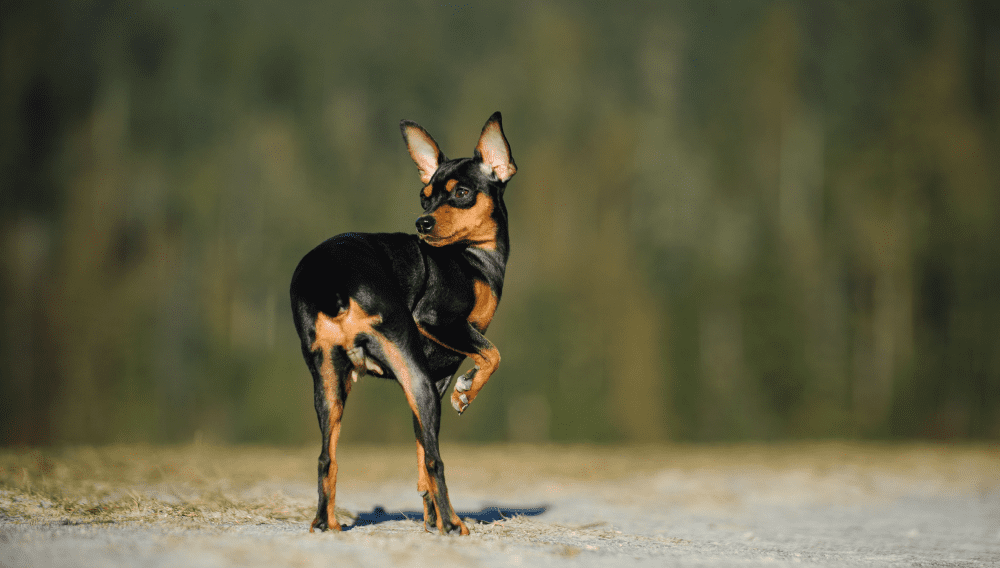Dogs have big personalities, but what dictates them is a relatively understudied area of science. We know that genetic and environmental factors can bring out bad behaviors like aggression and biting, but what are the leading drivers of whether your dog is a goofy gal or a grumpy guy? A new study has found out it’s primarily linked to breed, contradicting earlier research that concluded environment was more important.
The study surveyed 11,418 dogs encompassing 52 breeds to get an idea of personality traits including insecurity, training focus, energy level, aggressiveness, and sociability with humans and other dogs. It was hoped that gathering such a wealth of information could reveal how things like breed and age influence dogs’ behaviors and personalities.
Among the pooch participants, the study authors found distinct personality types, such as some dogs who were stubborn and persistent while others were more laid back, going with the flow and obeying orders. As for what caused these different personality types? The researchers concluded that breed was the most important variable.
Dogs often described as “stubborn” included the miniature pinscher, Asian primitive breeds, Parson-type terriers, Dachshunds, and fighting dogs. These dogs reached the highest mean score for perseverance, a finding that could tie in with existing research that’s found this is weakly associated with fear-aggression.
On the other end of the spectrum, you have golden retrievers, Shetland sheepdogs, and smooth collies who all scored low in perseverance and are known to be laid back and agreeable.

Miniature pinschers, as stubborn as they are fabulous.
Image credit: everydoghasastory / Shutterstock.com
However, despite these associations with certain breeds and particular behavioral traits, the researchers concluded that breed isn’t necessarily a predictor of personality because scoring a high mean is an average, and actually the individuals that made up that score were widely distributed.
Instead, they say breed is connected to the probability of a dog developing certain personality traits. So, if you adopt a miniature pinscher you’re more likely to end up with a stubborn housemate compared to if you were to move in with a golden retriever.
However, there are still some rarer breeds for which we don’t have enough information to work with.
“In conclusion, breed differences in personality seem to be quite stable throughout studies and populations, but many uncommon breeds have not been adequately studied to reliably describe their typical personalities,” wrote the study authors. “These breed differences suggest that genetic differences could underlie these differences in behavior between breeds.”
Age was another contributor to personality, with younger dogs being more energetic and older dogs (aged eight to 10) showing more aggressiveness. Socialization experiences during puppyhood were also crucial, as dogs that were poorly socialized from a young age were more insecure, aggressive, and less easily trained.
Being a cross-sectional study, the authors state the findings are somewhat limited as they can’t draw cause-and-effect relationships. It also didin’t look at the role of maternal care in influencing personality type, as it’s possible socialization experiences before weaning play an important part.
However, if you’re looking for a specific character to join your family, breed looks like a good place to start.
The study is published in iScience.
Source Link: Breed Has A Big Influence On Dog Personality, But It's Not A Predictor